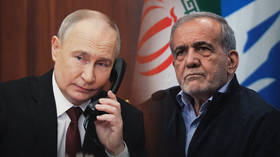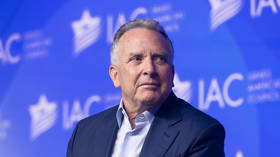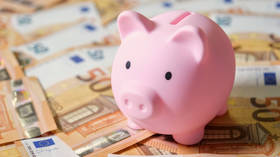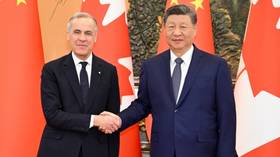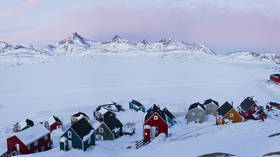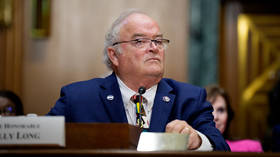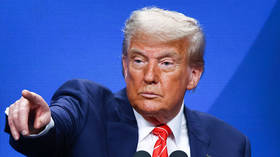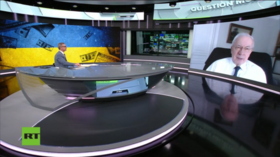Moscow and EU go back to negotiation table
The next round of partnership talks between Russia and the European Union will take place in January or February next year, according to Russia's envoy to the EU. Delegates from the two parties have met in Brussels to discuss how to progress.
Negotiations began in July, but then stalled in September following the military conflict in South Ossetia.
Russia and the EU are now trying to reach a new agreement to regulate all areas of co-operation.
The country's envoy to the EU, Vladimir Chizhov, said Tuesday's meeting was intense.
“The negotiations were held in a constructive atmosphere. During the break, which wasn't initiated by Russia, both sides had a chance to thoroughly prepare for another round. The meeting proved quite intense. We discussed the achievements of the four working groups, the structure of the new agreement and we've laid out future steps.”
At its November summit in Nice, the EU agreed that Russia had complied with the six-point peace plan brokered to end the war by the French and EU president Nicolas Sarkozy – and that partnership talks could resume.
A prominent expert on EU affairs, Fraser Cameron, told Russia's Vremya Novosti newspaper that the framework of the agreement would comprise four “common spaces” of EU-Russia relations: political dialogue, commercial and economic issues, internal affairs and external security.
Mr. Cameron said that the energy problems would be the most complicated part of the discussion, but he believed a positive resolution could be achieved. He said Russia is interested in acquiring a number of things from Europe such as technologies, non-visa travel, and access to educational and cultural programmes.
The old Partnership and Cooperation Agreement (PCA) expired at the end of 2007 and was automatically extended.
Related link


